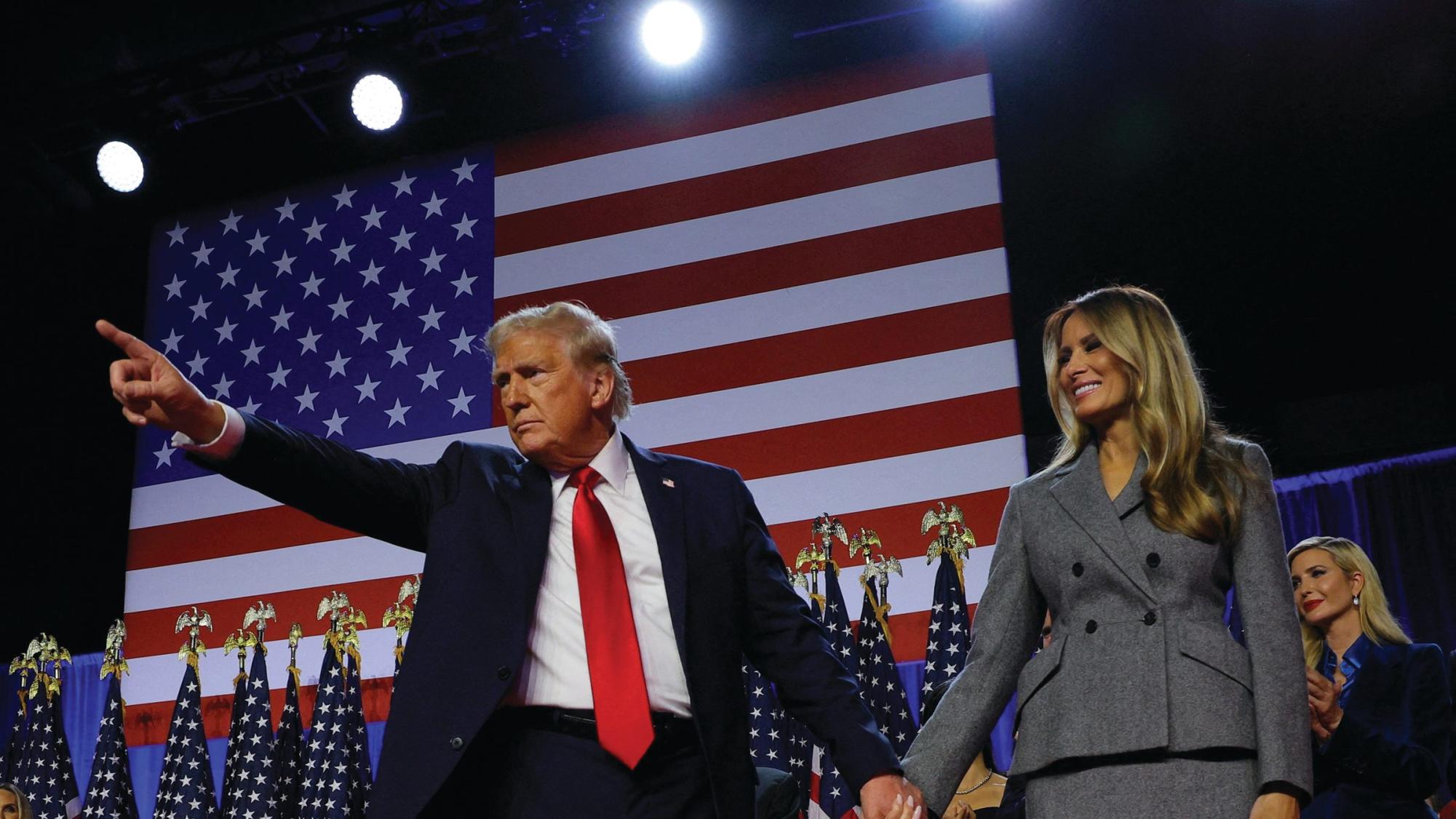The build-up to the 2024 presidential election was marked by uncertainty and stress, with heated debates and both campaigns taking social media by storm. The chaos has settled down and the election results have been verified: Donald Trump will return to the White House as the 47th president of the United States. The question now is: what can we expect out of the next four years of his administration? We can start to answer that question by examining who he has nominated to lead the different parts of his cabinet.
One notable announcement is the nomination of Elon Musk and Vivek Ramaswamy to head a newly created Department of Government Efficiency. According to Trump, this department will aim to streamline the federal government by reducing bureaucracy and increasing efficiency, though the exact details of this initiative remain unclear. Musk, one of the Trump campaign’s biggest contributors, stated that he plans to help the president cut $2 trillion from the federal budget. This move aligns with the future president’s goal of having a small government, but it may face opposition from those skeptical of large-scale federal budget cuts and the programs those cuts may affect. Because this department is entirely new, it is unknown how much real power it will have; some expect that it will act as more of an advisory commission rather than a department with formal authority.
Another nomination has generated more controversy: Trump’s initial choice of Matt Gaetz for attorney-general. Gaetz, a former Florida Representative in the House of Representatives, has been a fierce ally of Trump. He’s faced allegations of sex trafficking and drug use and was once the subject of a Justice Department investigation over suspicions that he trafficked an underage girl. No charges were ever brought against him, but a number of both Democratic and Republican Senators expressed reluctance to confirm his nomination due to his past. On Thursday, November 21, Gaetz stepped down from his bid for Attorney General and Trump promptly selected Pam Bondi as his replacement. Bondi, Florida’s former Attorney General, represents a more conventional pick.
Other nominations to Trump’s cabinet include South Dakota Governor Kristi Noem for the Department of Homeland Security, Robert F. Kennedy Jr. for the Department of Health and Human Services, and Fox News host Pete Hegseth as Defense Secretary. Kennedy’s nomination has drawn particular attention due to his outspoken criticism of vaccine mandates and the pharmaceutical industry. While his supporters believe this perspective will bring accountability to HHS, others worry it could undermine public health initiatives. Hegseth, a veteran of the wars in Afghanistan and Iran, has been a dedicated supporter of Trump during his time as a co-host of “Fox & Friends.”
Many of these choices face bipartisan scrutiny for their lack of government experience. Others argue that they will bring fresh voices and perspectives to Washington. Most agree that the choices reflect a pattern of Trump valuing loyalty over experience and other conventional qualifications. Each pick will have to be confirmed by the Senate, so they are not set in stone just yet. As Trump prepares to enter his second term, the confirmation process for his cabinet picks will serve as an early test of his administration’s priorities and its relationship with a divided Senate. Whether these unconventional choices lead to innovation or controversy, they set the stage for a presidency that promises to continue breaking political norms.



